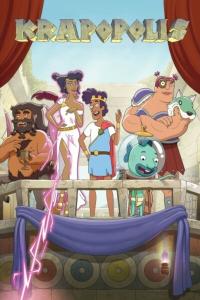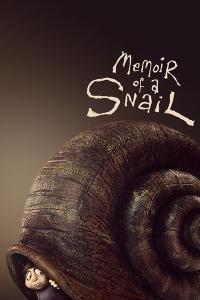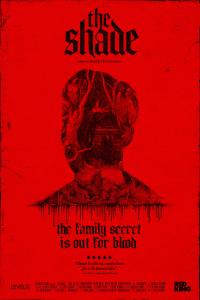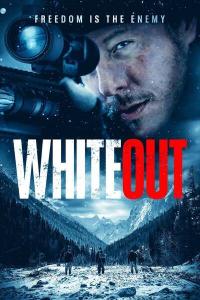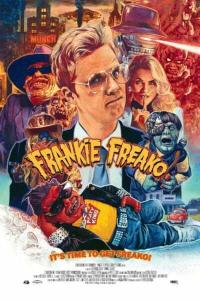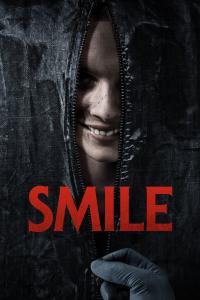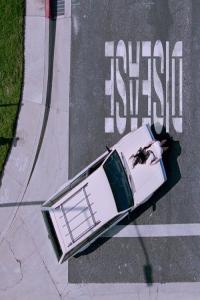Torrent details for "Stiff Little Fingers - Inflammable Material (1979, 2014)" Log in to bookmark
Controls:
Language:
 English
EnglishTotal Size:
286.09 MB
Info Hash:
6cefd78c2731ca0ea1f0375158fd938b1d473c5f
Added By:
Added:
15-12-2022 06:29
Views:
269
Health:

Seeds:
0
Leechers:
0
Completed:
8
Name
DL
Uploader
Size
S/L
Added
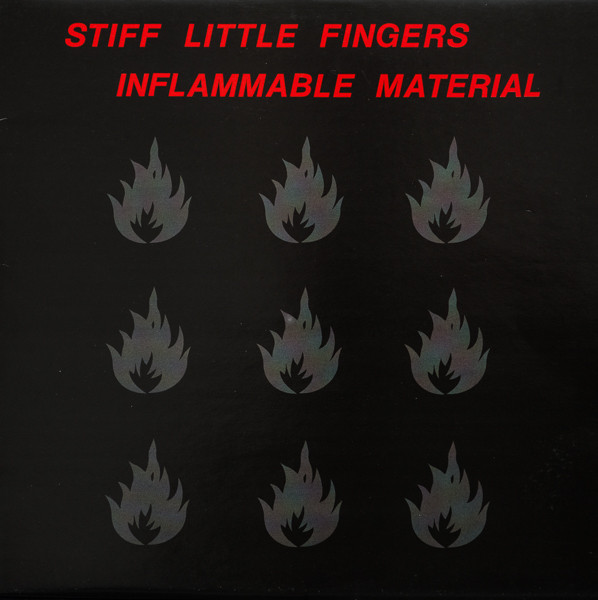
Northern Irish punk band formed around 1977.
Codec WMA Lossless
In the punk world, there’s always been one elephant in the room that nobody likes to really talk about: what do these mostly white kids from first world countries really have to complain about, anyway? While I try to search out punk by less than privileged groups, it’s no secret that a lot of the punk bands in history have had a significant amount of privilege. Joe Strummer was the son of a British diplomat. Henry Rollins was from an affluent Washington D.C. neighborhood and attended prep school. While I don’t think this truly diminishes the achievements of these punk rock greats, the question of “Why are you complaining so much?” is one that remains unspoken but ever present for any punk band from a first world country. While I certainly think anyone living under capitalism who isn’t in the wealthiest elite is getting an unfair deal, it’s also true that there are places in this world where people have more to complain about than some street kids in London and New York.
Stiff Little Fingers were a little bit different in this regard, coming from the middle of war-torn Northern Ireland in the middle of the Troubles, as sectarian violence between the Irish Catholic nationalists and British loyalists left Northern Ireland a very dangerous place to live. My favorite anecdote about Stiff Little Fingers is that, when they sent out the cassette tape single for “Suspect Device” to a radio station, they jokingly decorated the cassette to look like a bomb. The radio station was forced to call the band to ask for another copy of the cassette because they had thrown it in a bucket of water to try to defuse it in case it was an actual bomb. That’s just the kind of story that you don’t get in the history of New York or London’s early punk scenes. In the oppression Olympics of the early punk scenes in the late 1970’s, Stiff Little Fingers absolutely won the gold medal.
That’s not to say that Stiff Little Fingers ever took a side in the Troubles, and the album Inflammable Material makes that abundantly clear. Despite complaining about the British police forces in “Alternative Ulster” in vehement terms (“the RUC dog of oppression”), in the song “Wasted Life,” frontman Jake Burns thumbs his nose at those who would have him waste his life fighting for the IRA. The band contained both protestants and catholics, as they often loved to point out to demonstrate how opposed they were to both sides of the conflict. In an interview with Vice, Burns once said about the famous single “Alternative Ulster,” “If you took the references to the RUC and the British Army out you have a song that is about bored teenagers.” In that sense, the band falls back on very traditional punk themes seen as far back as The Ramones’ debut album.
The album’s second most famous song, opening track “Suspect Device,” was notable for the amount of screaming employed in the song for 1979. Sure, in 2019 when we’ve seen bands like The Locust come and go, the amount of screaming in “Suspect Device” seems pedestrian by comparison, but it was a lot for the time. The song talks about the violence on both sides of the conflict and about both protestants and catholics using people, particularly young people, as weapons in their war. “Barbed Wire Love” talks about love in a war zone, using imagery of the Troubles as a clever metaphor for this endearing love song set amongst the sectarian violence. “White Noise” highlights the different types of racism in Northern Ireland in the most visceral way possible, using harsh racial slurs used by British loyalists against minority groups. “Johnny Was,” a Bob Marley cover that is lightly modified to take place in Belfast, talks of an innocent man being gunned down in a conflict he was never a part of. The crown jewel of the album, “Alternative Ulster,” as stated before, is as much about youth boredom as anything else. The song encourages the youth to take back their hometown, not only from the British police forces, but from the older generation and from boredom and drabness in general.
Stiff Little Fingers are still together to this day, although frontman Jake Burns has been the only consistent member throughout the band’s entire career. While the situation in Northern Ireland still isn’t perfect, particularly with the ongoing Brexit negotiations, The Troubles are pretty much considered to have ended in 1998 and the country isn’t in as chaotic as it once was. Because of this, more recent Stiff Little Fingers albums don’t exactly have the fire and fury of the band in 1979, but Inflammable Material remains a perfect time capsule of a very difficult era and, at the risk of punning, the band’s most explosive album to date, and a definitive punk classic.
Tracklist:
Suspect Device 2:29
State Of Emergency 2:23
Here We Are Nowhere 0:56
Wasted Life 3:03
No More Of That 2:03
Barbed Wire Love 2:29
White Noise 1:42
Breakout 3:02
Law And Order 3:10
Rough Trade 2:29
Johnny Was 8:06
Alternative Ulster 2:41
Closed Groove 4:04
Personnel:
Bass Guitar - Ali McMordie
Drums - Brian Faloon
Lead Guitar, Vocals - Jake Burns
Rhythm Guitar - Henry Cluney





